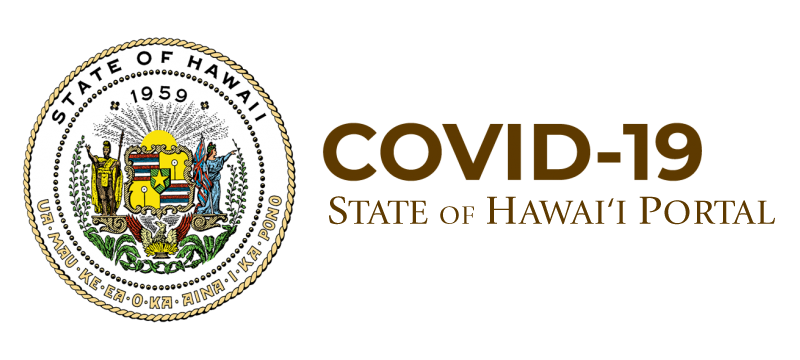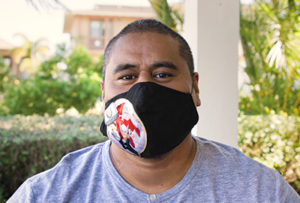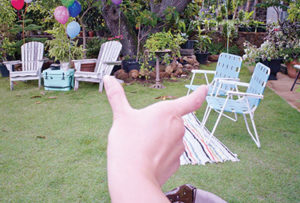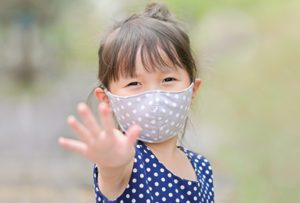While In Hawai‘i
What Do I Need To Know Once I’m in Hawai‘i?
By following the simple and sensible tips and advice in this section, you will be keeping yourself, your family and friends, and communities across the Hawaiian Islands healthy and safe. Wearing a mask lowers the risk of transmission. It is wise to wear a mask while indoors and when you are unable to maintain physical distancing.
We thank you in advance for being mindful of putting public health first and following local guidelines.
Interacting With Others
Wearing a Mask or Face Covering
Masks are strongly recommended while indoors and when you are unable to maintain physical distancing.
Hotels and Accommodations
Please visit the website of your Hawai‘i accommodations for information about their property-specific safety protocols. Some businesses may require or encourage the wearing of masks.
Parks and Beaches
While parks, beaches, and trails on all islands are open, there may be some restrictions. Refer to the following island county websites for the most current information.
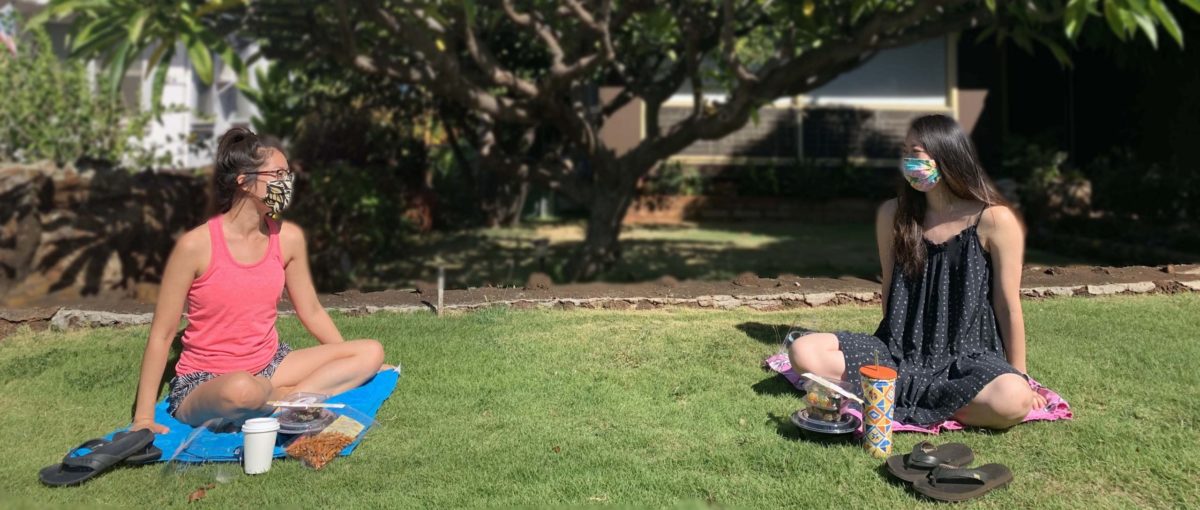
County of Kaua‘i | City and County of Honolulu | County of Maui | County of Hawai‘i
Select state parks and monuments statewide are open, though emphasizing social distancing. You will find a detailed listing of open and closed state parks at the Division of State Parks website.
National Park Service-managed parks, historic sites and memorials in Hawai‘i are gradually increasing access and services to their sites and facilities utilizing a phased approach. You will find a detailed listing of open and closed sites at the National Park Service’s Hawai‘i webpage.
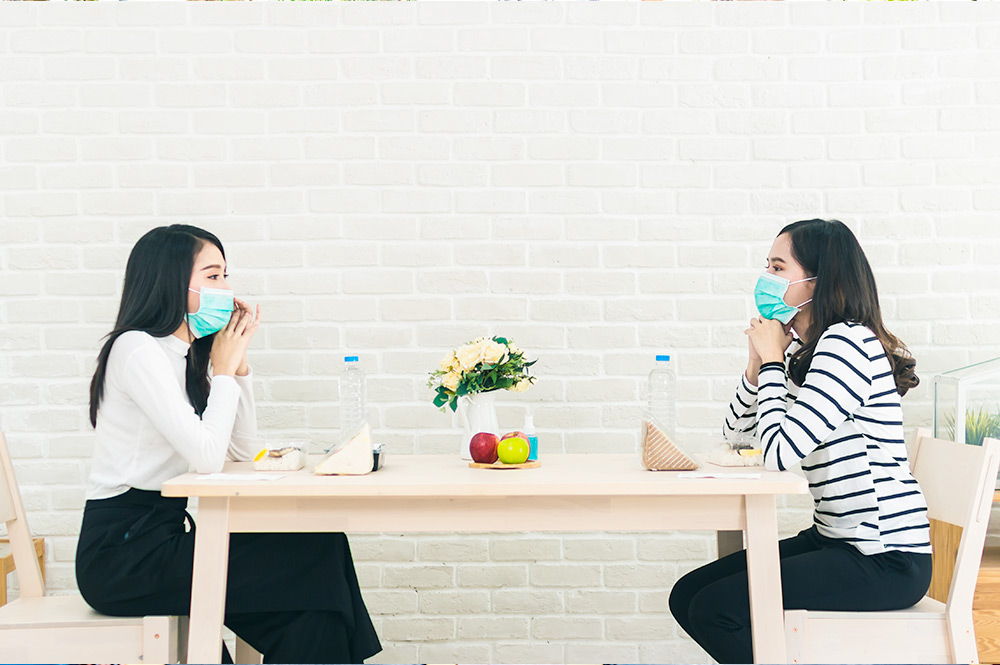
Dining and Activities
Most county restrictions have been lifted. Refer to county websites for additional information:
County of Kaua‘i | City and County of Honolulu | County of Maui | County of Hawai‘i
Best Practices Information to Keep Everyone in Hawaiʻi Safe
Wear a mask in public indoor spaces when you are around people whose vaccination status is unknown, practice good hygiene and when possible, maintain physical distancing.
When you leave your lodging accommodations, please take all necessary precautions prioritizing public health to ensure Hawai‘i remains a safe place for residents and visitors. Be sure your mask covers your nose and mouth.
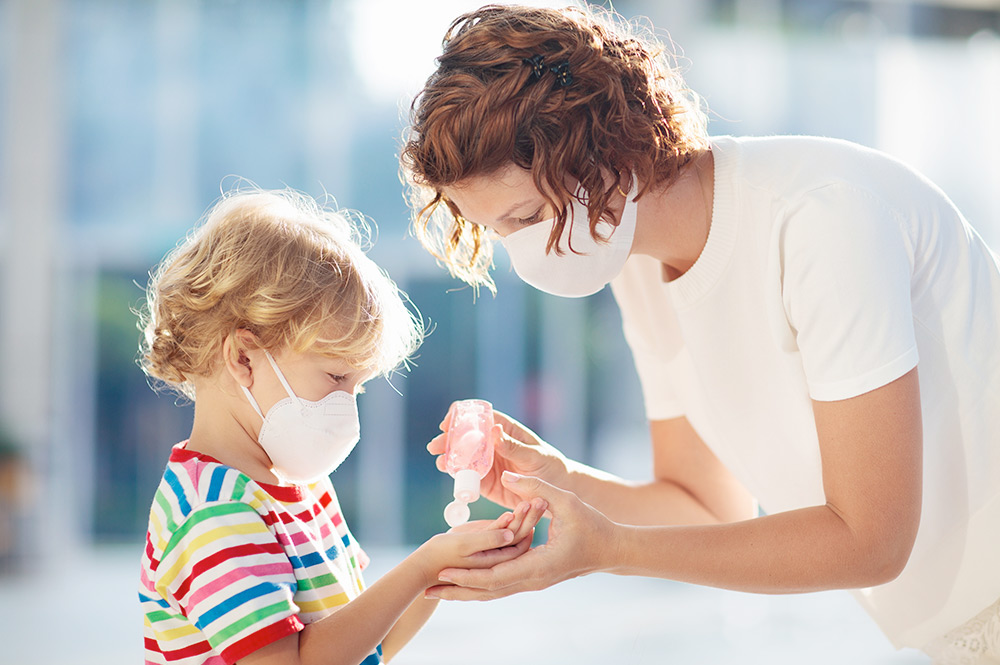
What to Do if You Get Sick
If you become ill with a fever or cough while in Hawai‘i, have recently departed an area with widespread community transmission of COVID-19, and/or have had prolonged close contact with a person confirmed to have COVID-19, please follow these recommendations:
- Wear a mask to reduce transmission.
- Consider taking a COVID-19 test if symptoms are consistent with COVID-19.
- Remain at home or in your lodging accommodations and avoid contact with others.
- Before seeking medical care, call ahead to a health care provider or hospital emergency room first to inform them of your symptoms, as well as your travel and contact history, before going to their facilities.
- Call 9-1-1 if you need immediate medical care.
Get more Home Isolation and Exposure Guidance.
AlohaSafe Alert App
AlohaSafe Alert* is a free, voluntary service that helps slow the spread of COVID-19. It is the State of Hawaii’s official exposure notification app and has been developed in partnership with the Hawai‘i State Department of Health. The app does not track your location. It anonymously keeps track of devices you’ve been in close contact with for the past 14 days.
*AlohaSafe Alert and Exposure Notifications are being discontinued on May 11, 2023. Beginning on May 11, your phone will no longer notify you if you were near someone who tested positive for COVID-19. Your privacy is protected, and no GPS location or personally identifiable information was collected or stored. Questions? Please email us at doh.alohasafe@doh.hawaii.gov
Contact Tracing Procedures in Hawai‘i
Contact tracers at the Hawai‘i State Department of Health’s help protect the community from the spread of COVID-19 by locating everyone who comes in close contact with a person who has tested positive for the virus. Tracers notify and interview individuals who may have been exposed without revealing the COVID-positive person’s identity. Successful contact tracing relies on a partnership between tracers and individuals who are interviewed. Contact tracers also offer education and resources to individuals required to isolate. Here’s more information on the work of contact tracers in Hawai‘i.
